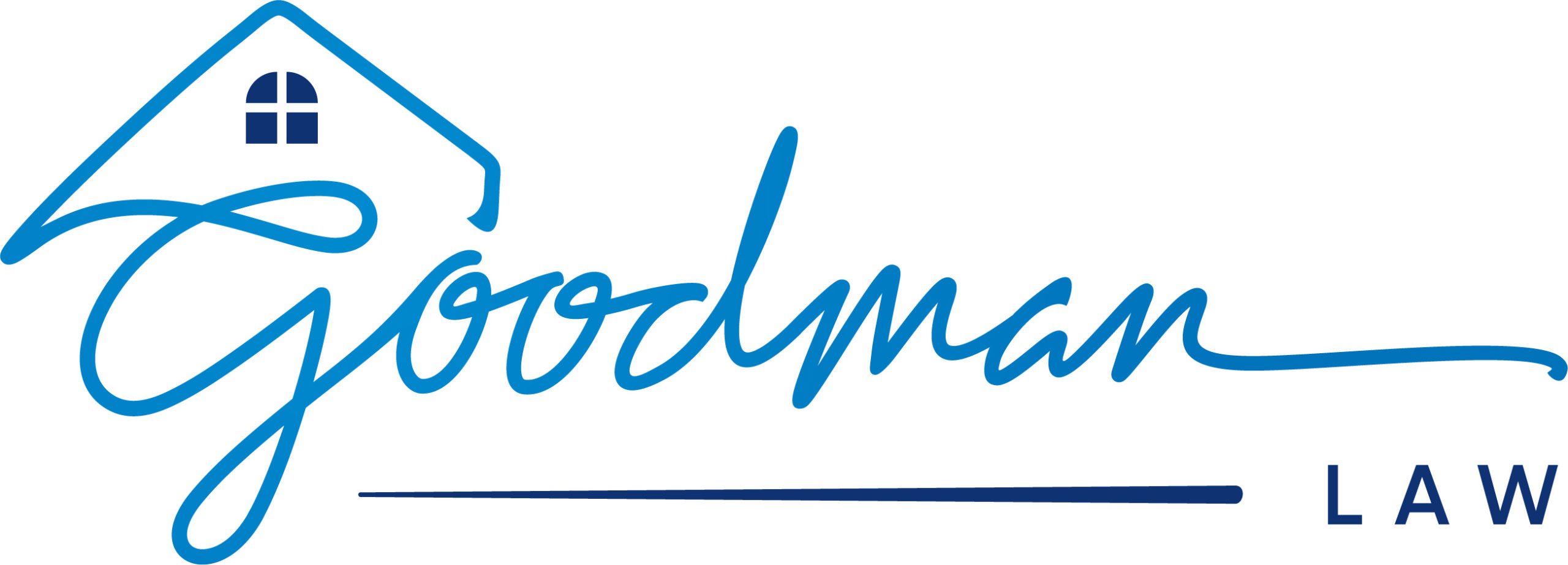Whenever a member of your homeowners association (HOA) falls behind on their association dues, board members have a fiduciary duty to look out for the association’s collective interests.

How To Collect Delinquent HOA Dues
In this article, we’ll explore some of the options you have when a member of your homeowners association isn’t paying their dues.
Send Reminders and Allow A Grace Period
Providing a reasonable grace period for payment of dues can save your staff plenty of time and effort in chasing down payment from members who have irregular income. If there are faithful payers who are always late because they have irregular income, for example, you can find ways to work with them within reason. Be sure to send reminders and collection notices to all members as scheduled to prevent claims of selective enforcement in the future.
Payment Plans
If you’re dealing with someone with a temporary hardship, your best bet is to work out a payment plan. The idea is to give the member a reasonable time to pay while still protecting the association’s interests by preventing the need for costly legal action.
Protocols
For cases that have been approved by the board of directors but not specifically covered by payment plans, you need to be very methodical and consistent in following your procedures. Failing to follow any step along the way may set back your timeline for being able to collect or even lead to a foreclosure. The last thing you want is to give the member with overdue payments an actionable complaint against you or lose your ability to conduct future collections.
Special Assessments
Problems become more complicated when the board has to impose a special assessment because of an accidental gap in the insurance coverage or because the reserves were insufficient to cover the need. People rarely budget for special assessments so if your board imposes one, you should expect a few people who won’t be happy to write a check at the moment, for whatever reason.
More Serious Options to Enforce Due Payments
Bringing in an Attorney – When cases aren’t covered by a payment plan and you need to follow protocol, you may have to get an attorney involved. Attorneys such as our experts here at Goodman Law Group have the knowledge and expertise to help associations enforce payments.
Filing a Lien – This is usually a lot cheaper than trying to garnish wages. Wage garnishment suits can be quite costly so such an attempt should be among your last resorts.
Restrict Access – Revoking the right to use common areas such as fitness centers, tennis courts and pools, even for renters, will often force the owner to cave and pay their dues.
Anticipate Defenses to Foreclosure
Ultimately, you may be forced to foreclose on a member’s home. If that’s the only way to recover unpaid dues, it helps to be aware of potential defenses you’ll have to overcome:
- The lien was not properly recorded.
- HOA didn’t properly allocate payments.
- HOA doesn’t have the authority to do a special assessment.
- HOA has accounting errors.
- HOA doesn’t have the authority to foreclose.
- Fees and charges for late payments are unreasonable.
Bottom Line
With these options, you now know how to collect delinquent HOA dues. Bear in mind that the foreclosure process can be traumatic and rather expensive, so don’t proceed unless you’ve checked all possible defenses against the action and covered all your bases. You also don’t want to wait too long before taking action.

